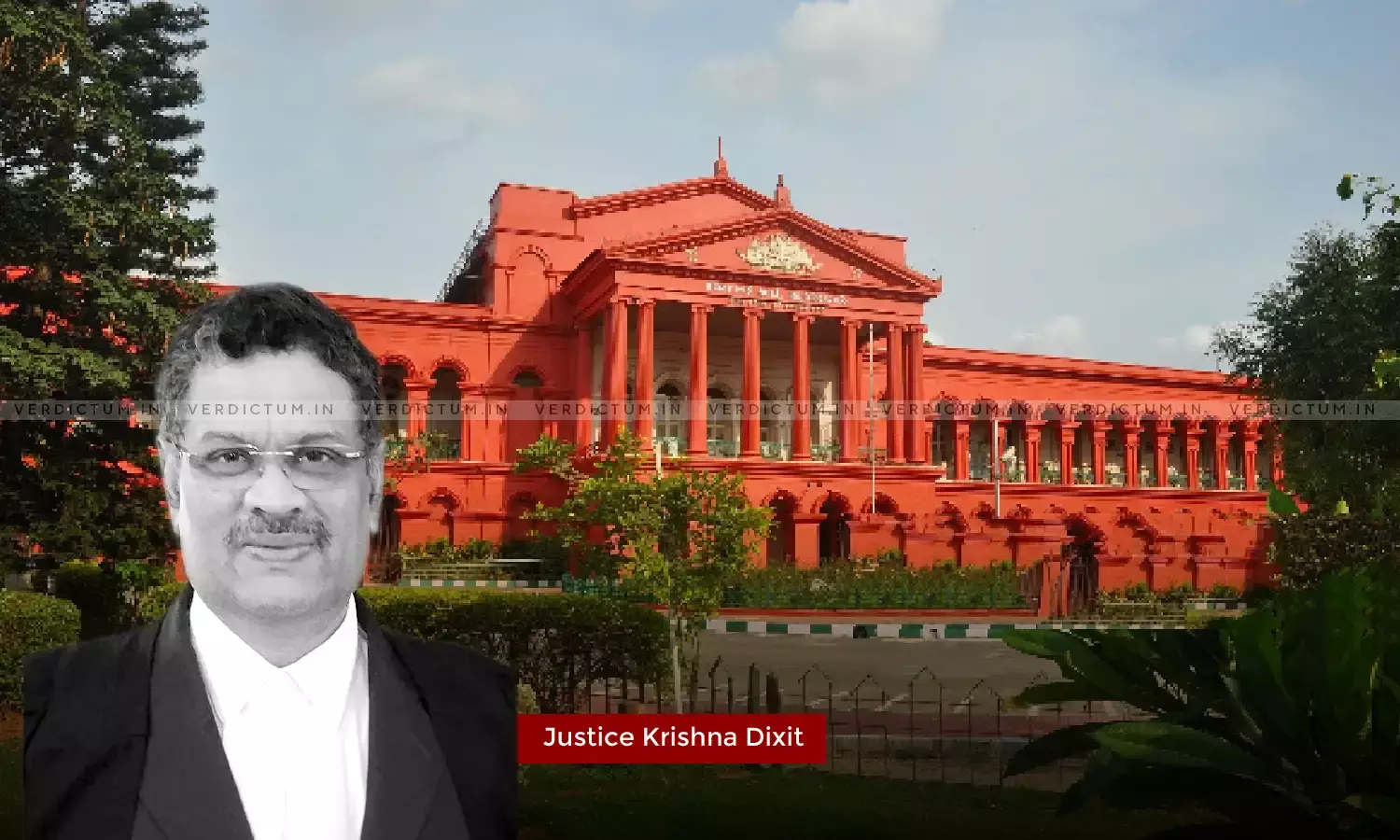Assessment U/S. 147 Income Tax Act Cannot Be Carried Out Based On Mere Reason To Believe There Was Escapement Of Income: Karnataka HC

The Karnataka High Court observed that under the new provisions of the Income Tax Act, Section 147 of the Act can be invoked only if any income chargeable to tax has “escaped assessment”. It was held that the Assessing Officer has to be prima facie satisfied that there is “escapement of income”, unlike earlier law which permitted action based on mere reason to believe. Now the mere reason to believe, cannot be a ground for carrying out an assessment under Section 147 of the Act.
In that context, the Bench of Justice Krishna S Dixit observed that, "For conducting assessment under section 147, there should be not only escapement but also the reason to believe that there is such escapement, the reason being the information itself. Hence, a plausible view could be taken that post-amendment of the provision, the escapement has to be established with concrete information. Section 148A would only assist the Assessing Officer in coming to a conclusion whether such information is good enough to allow a notice to be issued under Section 148."
Senior Counsel Ajay Vohra appeared for the petitioners, while ASG N Venkataraman appeared for the respondents.
In this case, Dr. Ramdas Madhava Pai, along with his wife, challenged the reopening of their assessments for the Assessment Year 2018-19. They had acquired shares in MEMGIPL, and after a demerger, received shares in MISPL and Quess Corp. Ltd. The Income Tax Department issued notices alleging taxable consequences of the demerger and non-reporting of share sales.
The petitioners argued against the reopening, stating no income escapement and jurisdictional flaws. The Assessing Officer overruled objections, leading to the writ petitions. The petitioners contended that the NCLT-approved demerger couldn't be questioned, while the Revenue argued prima facie escapement and disputed transactions.
The High Court emphasized that the availability of the ‘information which suggests that there is an escapement of income’ is a prerequisite for issuing notice under section 148. In that context, it was further observed that, "The argument that omission of phrase ‘reason to believe’ has gotten away and has given way to “information with the assessing officer which suggests that the income chargeable to tax has escaped assessment” would mean that there should be no need for any reason seems incorrect. The phraseology of amended Section 148 makes in unmistakable terms clear that there should be a concrete information as defined in Explanation 1 to Section 148."
In light of the same, it was held that the Assessing Officer should have information as defined in Explanation 1 to Section 148 that suggests escapement of income and only thereafter, the provisions of Section 148 can be invoked.
Subsequently, it was noted that the term ‘information’ appearing in Explanation 1 to Section 148 could not include the return of income filed by the Assessee as it did not fall within any of the five categories specified therein.
With that background, it was observed that, "the jurisdictional facts in terms of ‘information’ as defined under Explanation I to Section 148 which suggests that some income chargeable to tax has escaped assessment itself, were apparently lacking. This threshold having not been met, issuing a notice under Section 148A(b) and passing order under (d) of Section 148A are liable to be voided."
The petitions were allowed, and the impugned notices were quashed.
Appearances:
Petitioner: Senior Counsel Ajay Vohra, Counsels SK Tulsiyan, Annapoorna S, Abraham Joseph
Respondents: ASG N Venkataraman, Counsel M Dilip
Cause Title: Vasanthi Ramdas Pai vs The Income Tax Officer & Ors.
Click here to read/download the Judgment

